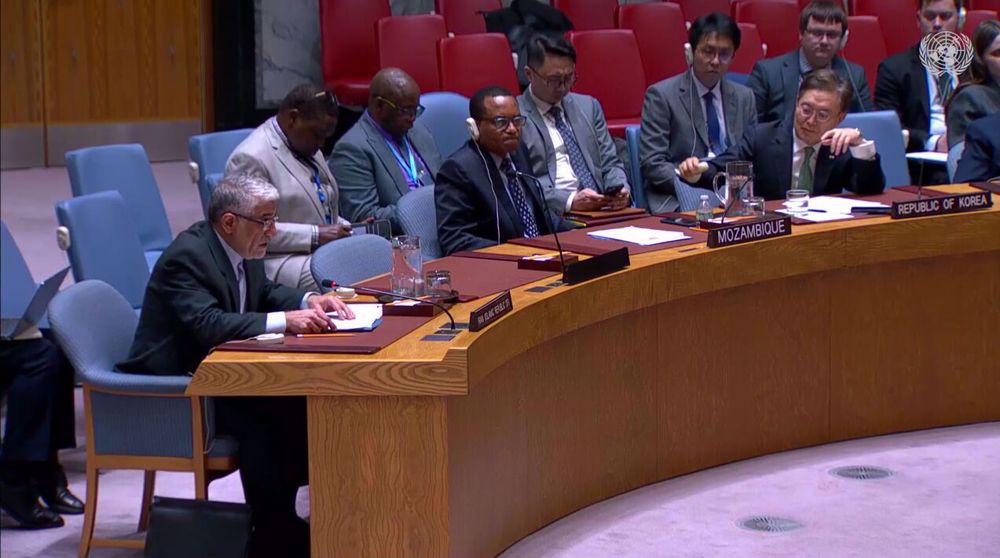P5+1 countries changing positions in Iran nuclear talks: Zarif
Iranian Foreign Minister Mohammad Javad Zarif says the P5+1 group of world powers are shifting their positions and pressing excessive demands as marathon talks over Tehran’s nuclear energy program are nearing an endgame, Press TV reports.
“Unfortunately, we are witnessing both shifts in positions and excessive demands... Several countries [which are members] in the P5+1 group hold different positions. Such issues have made the negotiations difficult. We want a dignified agreement and negotiations, and we will continue to negotiate. The deal would be within reach should the other side seek an honorable and balanced accord,” Zarif said late on Thursday.
“There are always new ideas on any negotiating table. It is important for everybody to stick to what we have already agreed, and to move forward based on that,” he said in response to a question by Press TV correspondent about new ideas being brought up in the talks and the differences among member states of the P5+1 group.
Meanwhile, an unnamed senior Iranian official said late on Thursday that Western powers are changing their positions in nuclear talks with the Islamic Republic, warning that the negotiations could "go either way."
"We see certain changes in the positions particularly just last night... on a lot of issues unfortunately," the official said, adding, "There was an approach that was acceptable ... but then all of a sudden people came up with some view for changing ideas, and this makes it rather difficult."

"It could go either way, this can be a small bridge in the negotiations, it can be a major setback," the official was quoted by AFP as saying.
"I believe that a comprehensive agreement is within reach, it just requires people to abandon unnecessary or delusional objectives and just move forward with what is at hand and what is achievable," the official noted, adding, "It's not a multilateral negotiations. It looks like you're doing five bilaterals. Every country has their red line sometimes, it's interesting."
He stated that while China and Russia support the abolition of a UN Security Council arms embargo on Iran, there is discrepancy among other P5+1 members.

"That's been our position, that's been Russia's position, that's been China's position and that is requirement, and one way or another something of that nature needs to be achieved,” he pointed out.
Zarif, in an article published in the Financial Times on Wednesday, reminded the five permanent members of the UN Security Council - Britain, China, France, Russia and the United States - plus Germany to choose between coercion and agreement, warning against opting for the former.
“There is growing acknowledgment that attempting to coerce a proud civilization into submission only leads to further conflict, resentment and hostility,” he wrote.
In a video message released on July 3, the Iranian foreign minister likewise demanded the six powers to select between the two.
Israel preparing to stay in southern Lebanon after ceasefire: Report
Israeli pressure on Hamas ‘hardly helped’; swap deal necessary: Ex-Mossad chief
Far-right Israeli minister Ben-Gvir again storms al-Aqsa Mosque
Iran: Israel’s attack on journalists’ vehicle in Gaza amounts to ‘war crime’
VIDEO | Israel’s war spending
Palestine Action wins again
VIDEO | Palestinian Authority's blockade of Jenin refugee camp reaches third week
Dec. 25: ‘Axis of Resistance’ operations against Israeli occupation










 This makes it easy to access the Press TV website
This makes it easy to access the Press TV website